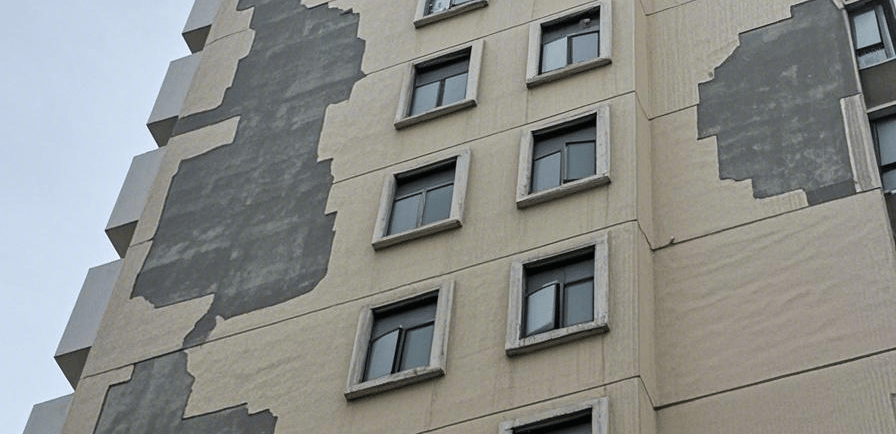Revolutionizing Exterior Wall Safety: The Soft Stone Advantage


In today's construction industry, exterior wall decoration remains a critical yet challenging component. Traditional materials such as ceramic tiles and natural stones, while aesthetically pleasing, frequently pose significant safety risks due to potential detachment and falling hazards. This problem is not merely theoretical—it's an ongoing concern that impacts public safety, building maintenance costs, and long-term structural integrity.
The Safety Challenge with Traditional Materials
Ceramic tiles and natural stones are heavy, rigid materials that often require complex installation techniques. Over time, exposure to weather extremes, temperature fluctuations, and moisture can weaken the adhesive bonds, causing these materials to loosen and potentially fall. Such incidents pose serious risks to pedestrians and vehicles below, leading to costly repairs, legal liabilities, and damage to reputation.
Introducing Soft Stone: A Safer Alternative
Soft stone, a revolutionary product in exterior wall decoration, addresses these critical safety issues effectively. Unlike traditional rigid materials, soft stone is lightweight, flexible, and highly adhesive, significantly reducing the risk of detachment.
Here are key features that make soft stone a superior choice for exterior walls:
Exceptional Adhesion
Soft stone uses advanced adhesive technology, ensuring stronger bonding with the substrate. This dramatically minimizes the risk of detachment, even under extreme weather conditions.Lightweight and Flexible
Its lightweight nature reduces structural load, and its flexibility allows it to adapt seamlessly to building movements and vibrations, further reducing the risk of cracking or loosening.Weather Resistance
Soft stone products are designed to withstand harsh weather conditions, including UV exposure, temperature extremes, and moisture, maintaining their appearance and structural integrity over time.Easy Installation and Maintenance
Installation of soft stone is simpler, quicker, and safer, requiring fewer resources and reducing labor costs. Maintenance is minimal, ensuring long-term cost-effectiveness.
Sustainable and Aesthetic Benefits
Beyond safety, soft stone also promotes sustainability. It significantly reduces waste during installation and minimizes environmental impact compared to traditional stone extraction and processing methods. Furthermore, soft stone offers diverse aesthetic options, allowing architects and designers greater flexibility to realize innovative, sustainable designs.
Conclusion
The adoption of soft stone for exterior wall decoration represents a meaningful step forward in addressing the safety concerns inherent in traditional materials. By choosing soft stone, developers and architects not only enhance public safety but also contribute to sustainable building practices, creating safer, more resilient, and aesthetically appealing urban landscapes.
About Us
As a new brand under HomevipoTech HK, Sinoflexistone is specializing in soft stone production.The state-of-the-art Sinoflexistone factory, strategically located in Zhaoqing City, covers a sprawling area of 120,000 square meters and is repurposed from an existing ceramic manufacturing facility. With plans to establish 12 advanced soft stone production lines, the factory aims to become the largest and most sophisticated soft stone manufacturing base in South China, solidifying Homevipotech’s position as a leader in innovative building materials.
Contact sophie
Any inquiry
info@sinoflexistone.com
+86 18688226660/18928543384
© 2025. All rights reserved.




